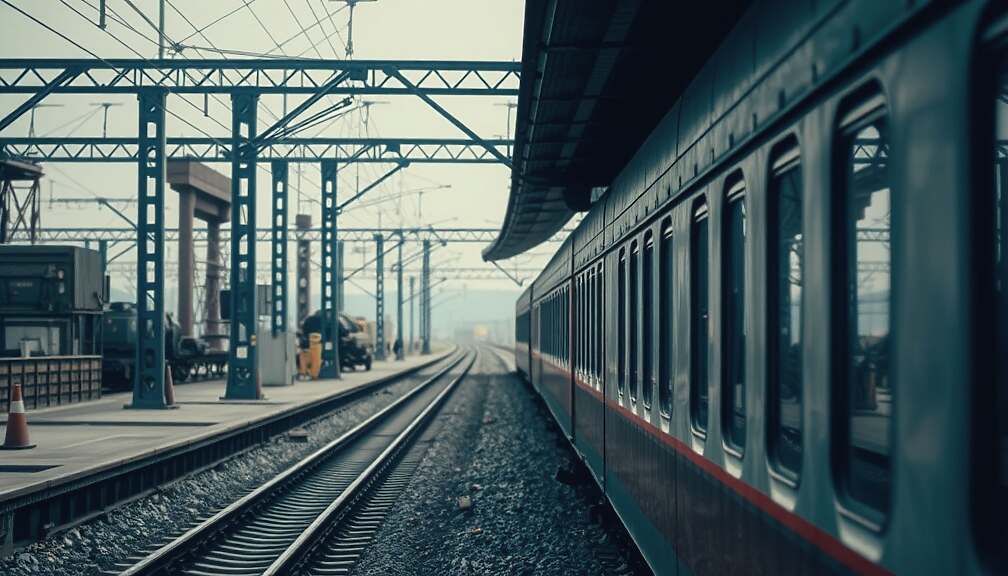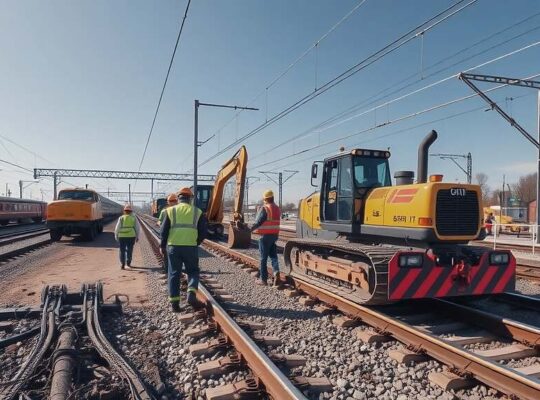German rail travelers face another year of widespread delays, according to the newly appointed CEO of Deutsche Bahn (DB), Evelyn Palla, in a frank assessment published Saturday. Palla conceded that improvements to punctuality in long-distance rail services are unlikely in the near future, forecasting a “grade of five” – the lowest possible grade – for 2025. She declined to offer a prediction for 2026, stating the primary focus will be on stabilizing performance and halting the current downward trend.
The core issue, Palla attributes to the accelerating deterioration of rail infrastructure, a phenomenon she describes as occurring at a rate exceeding previous projections. This includes a rapidly aging network of signaling systems, tracks, switches and overhead lines. This revelation casts a shadow on prior assurances, as Philipp Nagl, CEO of Infrago, confidently declared a “trend reversal” in infrastructure maintenance as recently as April 2025.
The failing infrastructure will inevitably lead to a dramatic increase in speed restrictions and unplanned construction sites, further exacerbating delays. DB anticipates approximately 26,000 construction sites will be in place by the end of 2025, a 5,000-site increase compared to the previous year, with projections exceeding 28,000 for 2026.
This ongoing crisis raises serious questions about the efficacy of DB’s past infrastructure maintenance strategies and the transparency of previous public statements. Palla’s stark admission underscores a profound disconnect between optimistic pronouncements and the reality on the ground.
The CEO emphasized that the state of the infrastructure directly impacts DB’s operational reliability and subsequent economic performance. “It’s not a question of “if” we improve, but “how”” she stated, urging a more honest assessment of the situation.
Palla is scheduled to present her comprehensive restructuring plan to the DB supervisory board in December, signaling an intention to dismantle existing structures deemed unsustainable. Her declaration that “we cannot afford these structures” implies a potentially radical overhaul of the company’s operational and organizational frameworks, likely prompting difficult discussions regarding funding, prioritization and accountability within the national rail network.












